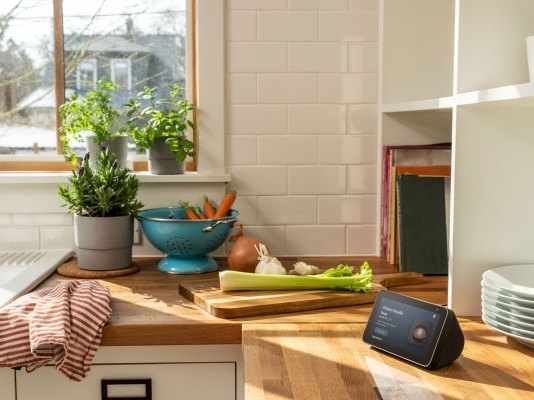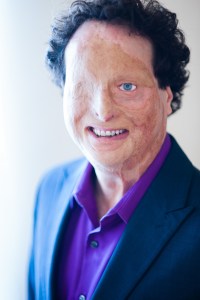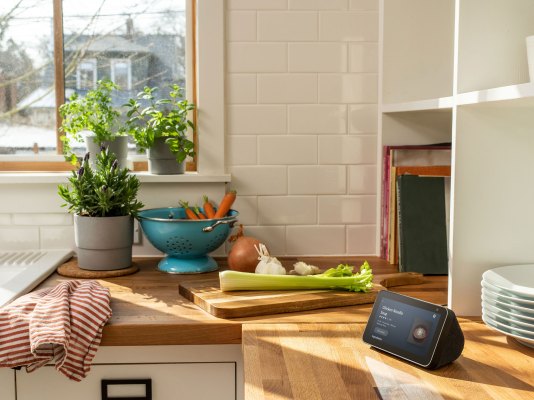
When Alexa launched six years ago, no one imagined that by today there would be hundreds of millions of Alexa-enabled devices or that Alexa would become part of so many lives. For people who are blind or visually impaired, voice assistants are a huge convenience, whether you are calling a loved one, cooking a meal, checking a sports score, or asking for the weather or time. This fall, Alexa introduced personalization and conversational capabilities that are steps toward a more human-like, digital factotum.
It’s exciting to announce that Amazon’s Josh Miele, Principal Accessibility Researcher at Amazon’s Lab126, and Anne Toth, Director of Amazon’s Alexa Trust, will be speaking at Sight Tech Global, a virtual, global event that addresses how rapid advances in technology, many of them AI-based, will influence the development of accessibility and assistive technology for people who are blind or visually impaired.
The show, a project for the Vista Center for the Blind and Visually Impaired in Silicon Valley, launched on TechCrunch. The virtual event is Dec. 2-3 and free to the public. Registration is open.

Josh Miele (Photo: Barbara Butkus)
“Before Alexa,” says Miele, who is a blind scientist with numerous inventions to his credit and a Ph.D. from UCBerkeley in psychoacoustics, “people newly experiencing vision loss would need to learn how to use a computer or phone with a screen reader in order to shop online or download audio books. With Alexa, using only voice commands, people with visual and motor disabilities can also make phone calls, get recipes, play music, schedule reminders, set timers, and more.
“The experience is made possible,” says Miele, “by Alexa’s confluence of voice recognition, natural language processing and deep learning—a powerful indicator of what is possible, but clearly there are still gaps to close.”
Ann Toth was a pioneering accessibility advocate at Yahoo, where in 2003 she commissioned the first usability studies to determine how Yahoo’s services worked with assistive technology, such as screen readers.
“To be brief,” she says, “they didn’t. The user stories and videos from that first study fundamentally changed how we thought about this issue and marked the moment I moved from being curious to being an advocate.” As the leader of the Alexa Trust team at Amazon, Toth is focused on accessibility, privacy and deepening customer trust in Alexa-enabled devices.

Ann Toth
“Alexa-enabled devices,” says Toth, “have the benefit of being born in an era when these issues are no longer seen as offering secondary benefits to our customers. When our devices become more accessible, they become better for everyone. There is no upper threshold for what that means.”
At Sight Tech Global on December 2-3, attendees will hear from Toth and Miele about upcoming Alexa feature advances and the underlying technologies. Get your free pass now.
Sight Tech Global welcomes sponsors. We are grateful to our current sponsors, who include Verizon Media, Google, Waymo, Microsoft, Amazon, Ford, Mojo Vision, Humanware and Wells Fargo.
The event is organized by volunteers and all proceeds benefit The Vista Center for the Blind and Visually Impaired in Silicon Valley.
[ad_2]
Source link


